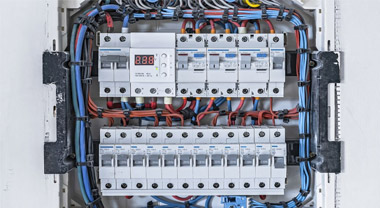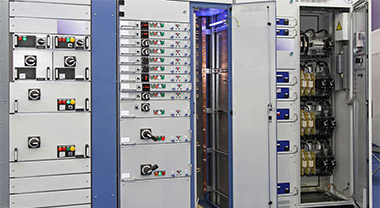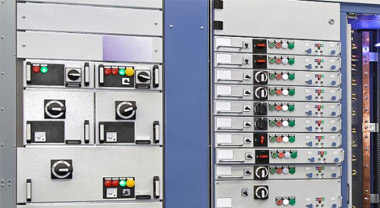Why we can't use AC circuit breaker for DC?
Circuit breakers play a crucial role in our electrical systems, providing a level of safety that prevents overloads and protects against short circuits. However, not all circuit breakers are created equal, particularly when it comes to their application in AC (Alternating Current) and DC (Direct Current) systems. In this article, we'll explore why AC circuit breakers can't be used for DC applications.
Table of Contents
- The Basic Difference between AC and DC
- Understanding AC Circuit Breakers
- Understanding DC Circuit Breakers
- Why AC Circuit Breakers Can't Be Used for DC
- Conclusion
The Basic Difference between AC and DC
AC and DC refer to the two different types of current flow in an electrical circuit. AC, or Alternating Current, changes direction periodically, typically in the form of a sine wave. DC, or Direct Current, on the other hand, flows continuously in one direction.
Understanding AC Circuit Breakers
AC circuit breakers are designed to interrupt the flow of electricity when a fault is detected, such as an overload or short circuit. The design of an AC circuit breaker takes advantage of the fact that the AC current waveform naturally crosses zero volts at regular intervals during each cycle. At this zero crossing, the arc that is produced within the breaker when interrupting a fault current will naturally extinguish, allowing the breaker to safely isolate the fault.
Understanding DC Circuit Breakers
DC circuit breakers operate on the same basic principle as AC circuit breakers: they interrupt the circuit when they detect a fault condition. However, the design of a DC circuit breaker needs to deal with a unique challenge: unlike AC, DC current does not naturally pass through a zero point, which makes it more difficult to interrupt the current and extinguish the arc. As a result, DC circuit breakers require a more complex design to ensure the arc is effectively extinguished.
Why AC Circuit Breakers Can't Be Used for DC
So, why can't an AC circuit breaker be used for a DC application? The primary reason lies in the fundamental differences between AC and DC current.
- Zero crossing: As mentioned above, AC current naturally passes through a point of zero current, which helps extinguish the arc within a circuit breaker during a fault condition. DC current, however, does not have this zero-crossing point, so the arc is not naturally extinguished. An AC circuit breaker used in a DC system may not be able to interrupt the current flow effectively, leading to a sustained electrical arc that can cause severe damage or fire.
- Different arc quenching mechanisms: Because of the absence of natural zero crossings in DC systems, DC circuit breakers require specific mechanisms to quench the arc. These can include magnetic blowouts, which use a magnetic field to stretch and ultimately extinguish the arc, or other techniques that rapidly increase the distance between contacts. AC circuit breakers do not generally include these features, as they are not necessary for AC systems.
- Voltage Withstand: The insulation and other design characteristics of an AC circuit breaker are chosen based on the maximum AC voltage it might encounter. However, DC voltages can cause more damage to insulation materials over time than AC voltages of the same level. Therefore, an AC circuit breaker might not provide adequate insulation in a DC system.
Conclusion
While AC and DC circuit breakers serve the same basic purpose of protecting electrical circuits from faults, they are not interchangeable due to the fundamental differences between AC and DC current. Using an AC circuit breaker in a DC system can lead to inadequate interruption of fault currents, potential damage to the breaker and the circuit, and significant safety risks. Therefore, it's essential to use the correct type of breaker for the system in question.




